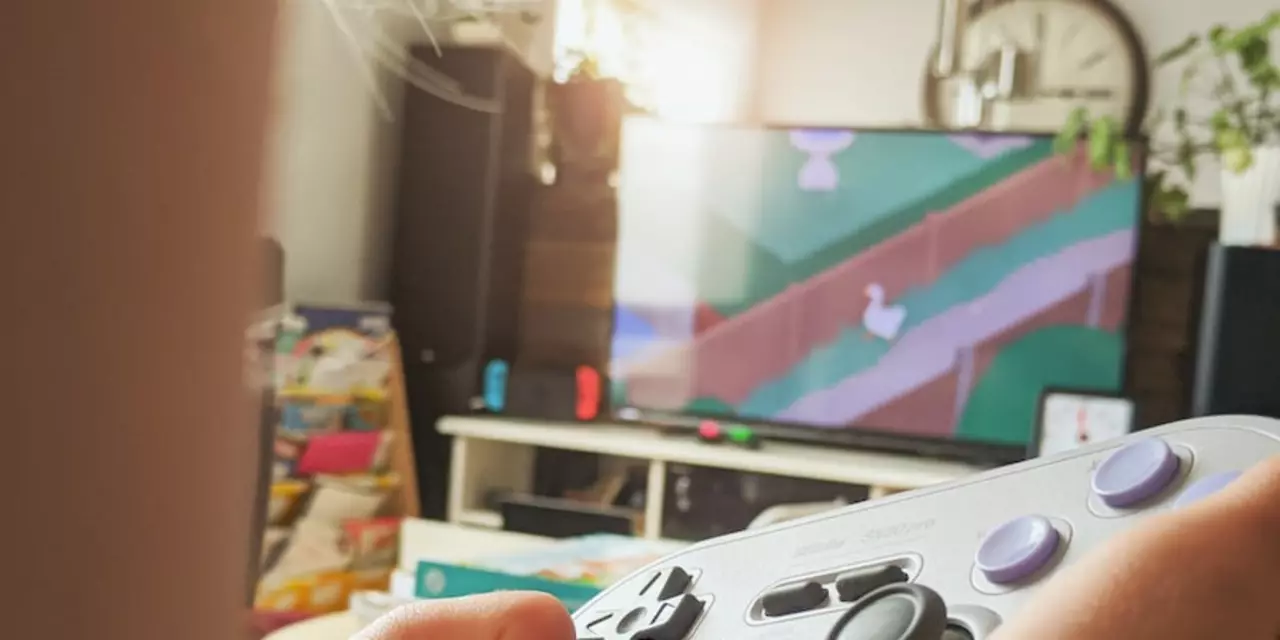Stress Reduction for Gamers: Easy Ways to Play Chill
Ever feel your heart race after a tight race or a boss fight? You’re not alone. Gaming is fun, but it can also crank up anxiety, especially when you’re chasing high scores or bragging rights. The good news? A few small habits can turn that tension into calm, letting you enjoy the game without the headache.
Why Gaming Can Stress You Out
First off, games are designed to push you. Fast‑paced shooters, competitive racers, and endless leaderboards keep adrenaline flowing. Add in online chatter, lag spikes, and the fear of losing, and you’ve got a perfect storm for stress. Your brain releases cortisol, the same hormone that spikes during a real‑life chase. Over time, that can wear you down, affect sleep, and even make you less focused in other parts of life.
Another hidden trigger is the “compare‑and‑despair” loop. You see a friend’s flawless win, and suddenly your own score feels lame. Social media amplifies that feeling, because every highlight reel is a reminder that you could be doing better. When the fun turns into a pressure cooker, it’s time to hit the reset button.
Practical Tips to Keep Calm While Gaming
1. Set a timer. Decide in advance how long you’ll play. When the alarm goes off, pause, stretch, and take a few deep breaths. Short bursts of play keep excitement high without burning you out.
2. Use the 4‑7‑8 breathing trick. Inhale for four seconds, hold for seven, exhale for eight. Do this three times after a tough level or a loss. It drops heart rate fast and clears the mind.
3. Choose the right soundtrack. Music with a steady beat can smooth out spikes in tension. Many games let you swap the default score for your own playlist—pick something mellow and let it flow.
4. Keep your posture in check. Slouching or gripping the controller too tightly adds physical tension. Sit up straight, keep shoulders relaxed, and shake out your hands every 20 minutes.
5. Play games that match your mood. If you’re already stressed, skip the ultra‑hard shooter and try a puzzle or a casual racer. A game that feels rewarding, not punishing, can actually lower stress levels.
6. Take a “mental break” after a loss. Instead of replaying the same level over and over, step away for a quick walk or a glass of water. The brain processes the setback while you’re doing something else, and you return fresher.
7. Turn on “friendly fire” off. In multiplayer, accidental hits from teammates can spark frustration. Disabling friendly fire removes that extra layer of irritation.
8. Turn off the chat for a bit. Toxic comments are a major stress driver. Use the mute button or switch to a solo mode when you need a clean headspace.
Try mixing a couple of these habits into your routine. You’ll notice you stay focused longer, score higher, and actually look forward to gaming sessions instead of dreading them.
Remember, the goal isn’t to eliminate excitement—gaming should still get your pulse racing. The aim is to keep that excitement from turning into anxiety. With the right tweaks, you can ride the thrill wave and stay relaxed at the same time.
Online gaming has become increasingly popular as technology has advanced, and there are a number of advantages that can be gained from playing these games. Online gaming can provide a great source of entertainment, and it can also be a great way to connect with people from all over the world. Some online games can also help to improve problem-solving skills, as well as hand-eye coordination and other cognitive skills. Additionally, playing online games can help to reduce stress and create a sense of satisfaction and accomplishment.
READ MORE





